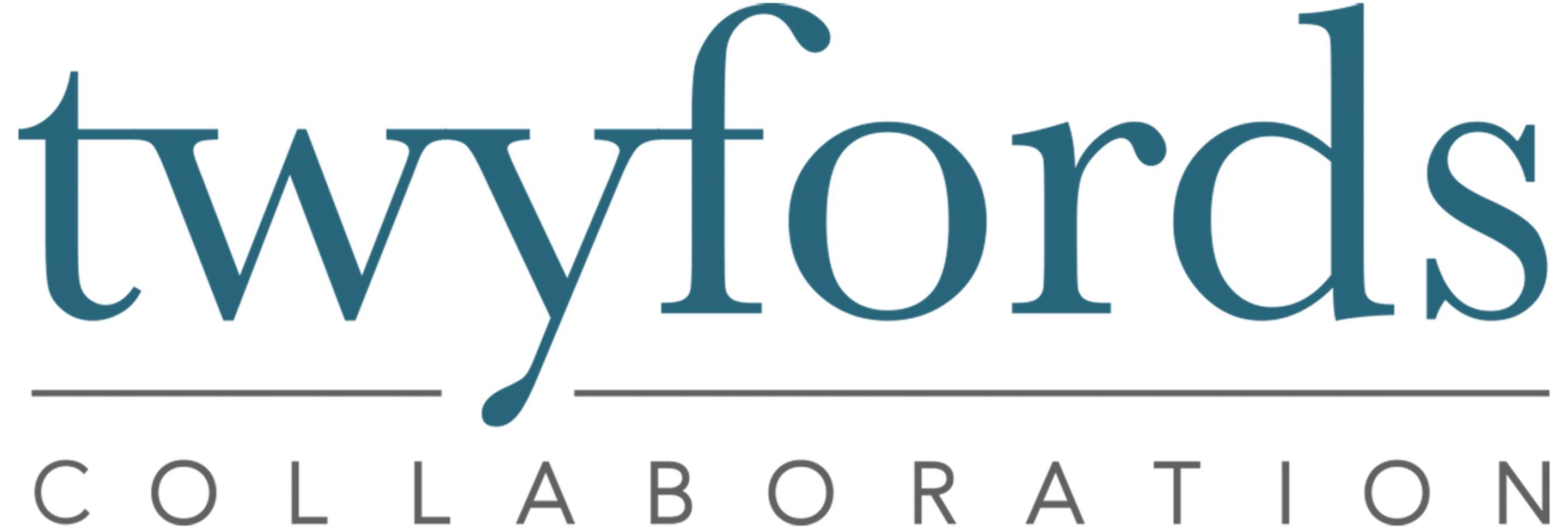I’m not sure, but my experience is that having a sequence of uncertainties might actually makes things a bit more manageable. Seems a paradox, but perhaps provides some clues for living in these uncertain times.
So, to explain.
I arrived back from an overseas skiing trip with a serious leg injury in early March, just as the pandemic got serious here with the restrictions then lockdown.
Initially I was facing lots of unknowns regarding my treatment- did I have coronavirus? (test negative!), could I get to see the specialist and get surgery asap, could I recover in time for planned overseas trips, could I work?.
And then I get the surgery done and faced a whole new set of unknowns- how to manage with a full leg brace on 24/7 – could I sleep, work, etc?, how to get around?, how to even sit at home?, how to get rehabilitation?, and what does the rehab look like?, what should my leg look and feel like at the milestones in the rehab program?
And at the same time, Covid19 restrictions kick in and so a new set of unknowns emerge – how to get the stitches out with hospital cancelled?, face to face physio not available so how to recover?, how to exercise when staying at home with no walking?, how will it impact a fairly strict and lengthy rehabilitation program?, etc
But interestingly, I have survived OK when facing seemingly overwhelming uncertainty (both short and long term), and I was just reflecting on some of the things that might have helped:
- Structure- providing myself a series of routines that gave me some short term certainty- a shower and dressing routine each morning, a short walk and coffee at the beach each day with my wife, timed 4 hourly exercise routine during the day, scheduled bi-weekly physiotherapy appointments, news hour each evening.
- Not worrying about things I can’t control – letting go of the plans for travelling or skiing for 12 months, not stressing about needing someone else put my left sock and shoe on, relaxing about being driven everywhere, working as much as I can manage at home- even if it’s only 2 hours a day.
- Keeping connected- using Zoom and WhatsApp to stay connected with clients, colleagues, friends and family
- I’ve always been an optimist, so I guess that has also helped- I tend to look at things with a positive view, and that has been evident in how I have viewed my surgery and recovery and prospects- she’ll be right!
- Also helpful is being flexible and trying some new things around my leg and recovery- like flexing my knee at home for physiotherapy rather than just relying on the expert- small safe to fail experiments!
So while I don’t recommend tearing a quad muscle tendon, it has given me new insights in how to thrive in uncertainty!
